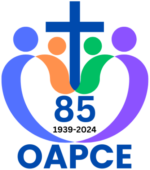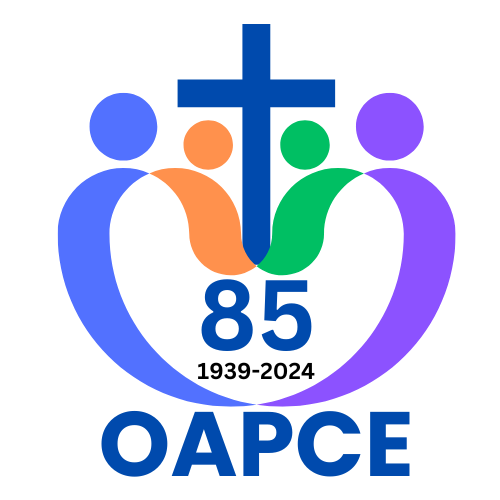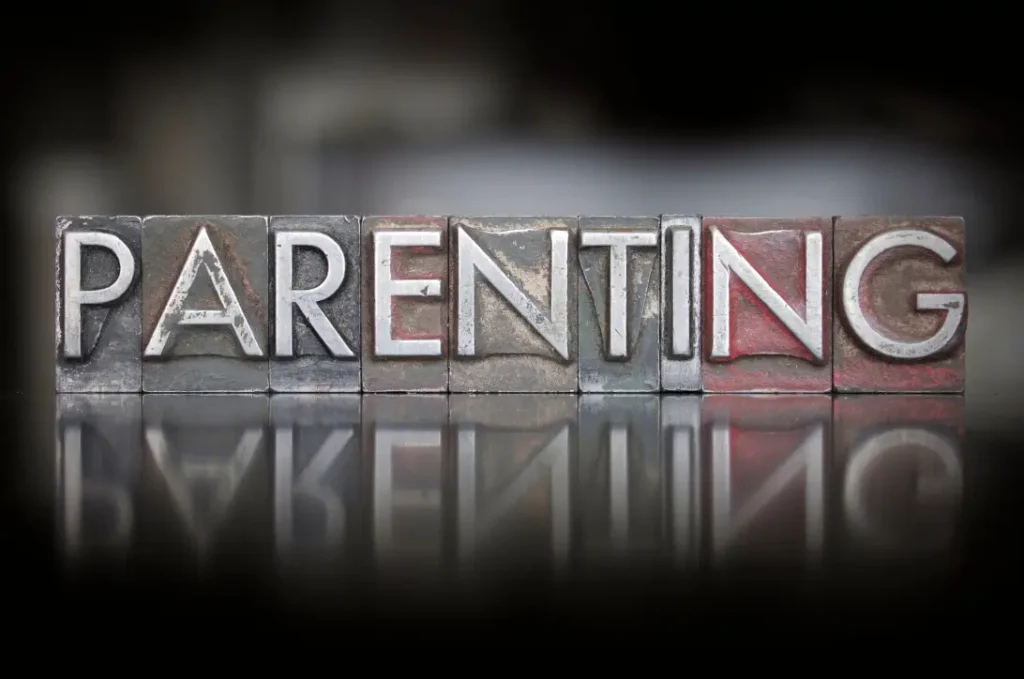With gender identity and its place in schools exploding across the Canadian media landscape, a Catholic parent group is pleased to find political proponents of safeguarding parental voice and authority.
Ontario Premier Doug Ford is the latest leader to add his voice to the gender pronoun debate, following New Brunswick and Saskatchewan Premiers Blaine Higgs and Scott Moe in supporting the parental right to be informed should their child wish to change their identifying pronoun.
“It’s not up to the teachers. It’s not up to the school boards to indoctrinate our kids,” said Ford to a crowd attending Ford Fest in Kitchener, Ont., on Sept. 8. “It’s the parents’ responsibility to hear what the kids are doing and not the school boards. I can’t even figure out what school boards do nowadays, by the way.”
Ford’s remarks are sympatico to what Ontario Education Minister Stephen Lecce said on Aug. 28 about a child’s decision to use a different pronoun at school.
“I think we understand though that parents must be fully involved and fully aware of what’s happening in the life of their children. I mean, often there are health implications, and I think we have to respect the rights of parents and recognize that these can be life-changing decisions, and I think parents want to be involved so that they can support their kids. And I think that’s a really important principle that we must uphold.”
Joe Perri, the co-executive director of the Ontario Association of Parents In Catholic Education (OAPCE), agrees with Ford and Lecce. He said his organization strives to safeguard the voice and authority of the parents.
“We work to create a partnership between parents and schools, where parents are empowered to be actively involved in their children’s education and have a meaningful voice in decision-making processes,” said Perri. “Any changes or decisions regarding their child’s gender identity or any other non-curricular items are a family matter.”
Gender identity and other hot topics related to sexual orientation in schools have generated intense debate between a host of different stakeholder groups. The question about gender pronouns or if a Catholic school should raise the Pride flag in June are a front in the ever-raging culture wars.
Last month, the Angus Reid Institute provided a statistical glimpse into how Canadians feel about whether parents should be informed and if they should have consent over their child’s decision to change their preferred name or pronoun. The study revealed only 14 per cent of respondents believe parents should neither be informed nor have consent. Forty-three per cent state parents must be informed and give consent for this change, while 35 per cent affirmed parents only need to be informed if their child chooses a different identification.
One perspective not often heard in the pronoun debate is the Archdiocese of Toronto, which partners with the Dufferin-Peel, Durham, Simcoe Muskoka, Toronto, York and the Conseil scolaire catholique MonAvenir Catholic school boards.
“In matters of Catholic education, we often speak of the partnership that exists between parish, home and school,” said Neil MacCarthy, the director of public relations and communications for the Archdiocese. “Each plays a critical role in the formation of our young people. We also recognize that parents are the first educators of their children. While the archdiocese does not oversee publicly funded Catholic schools, parents rightly expect that all partners in Catholic education will ensure that Catholic teaching is presented, lived and infused in all that we do.”
Perri vowed that OAPCE will be that voice keeping the Catholic schools accountable.
“We will always be a voice of parents in Catholic schools, as we are mandated in the Education Act and engage, advocate and enhance the gift of Catholic education,” said Perri.


